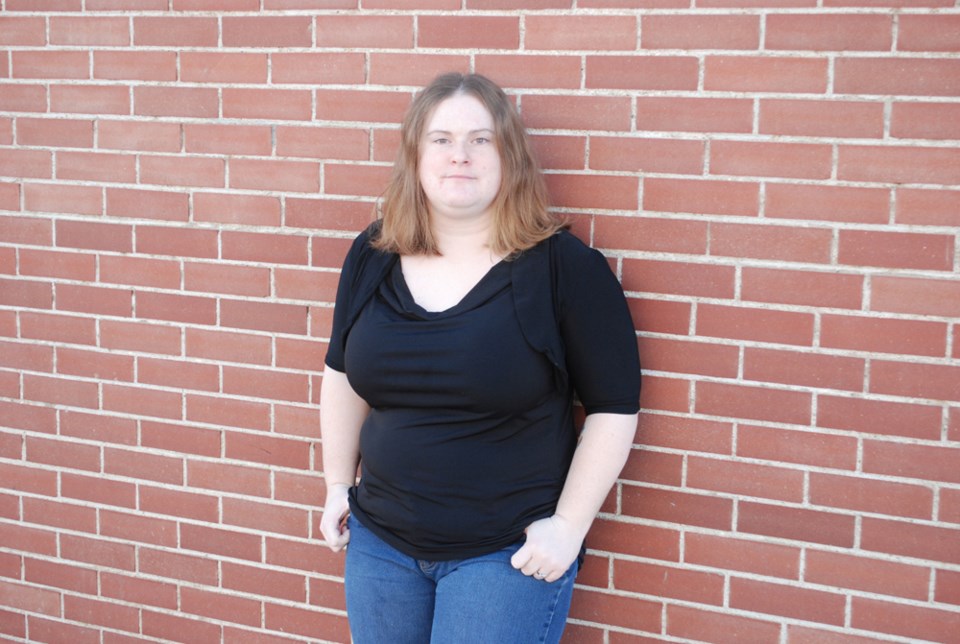I just came back from a wonderful vacation.
And while I did not go hang out at a beach somewhere or travel to a foreign country, I did get to spend some quality time with family, including my 89-year-old grandpa.
Living so far away from him does make me worry about his safety and how he is treated by everyone in his life.
This led me to think about elder abuse and how seniors are viewed by society.
Dealing with the seniors in my life can sometimes be frustrating. Their hearing is not that great; conversation with them is hard; they may not be up for the games that they used to play; some may not even recognize faces or may live mired in memories of another time.
It can be frustrating and heartbreaking all at the same time, but is not completely without some happy moments.
There is still so much life left in my grandpa, and we had great one-on-one conversations.
I see that same life at St. Mary’s Villa, when they organize events for seniors. In October, I attended the Resident Council’s Fall Trade Show. It was great to see the displays of hobbies and crafts put together by residents.
Everyone who attended could see the happiness that is still in the residents, no matter what their physical or mental situation.
However, I wish we could offer more. Our elders are still people, and they deserve respect and dignity.
The RCMP define elder abuse as, “violence, mistreatment or neglect that older adults living in either private residences or institutions may experience at the hands of their spouses, children, other family members, caregivers, service providers or other individuals in situations of power or trust.”
Abuse can come in many different forms. Self neglect or neglect by others, rights violations, and physical, sexual, emotional, economic, institutional and spiritual abuse are experienced too often by the elderly in our society.
Shari Hinz is executive director at Safe Communities Humboldt and Area. She says, if someone tells you they are being abused, believe them.
“If they say something to you, you want to take that as the truth, because often times if people dismiss, they may not say anything again.”
Especially when family members are the abusers – which is too often the case – elders can be hesitant to come forward.
Between four and 10 per cent of older adults in our society face abuse of some kind. Of those, only about 20 per cent report the abuse to those who can help.
Asking questions is the best way to find out whether abuse is happening, says Hinz. Questions about suspicious activity can be the first step to identifying a case of abuse.
Hinz recommends especially asking the person suspected of being a victim of abuse, or people close to them who might have seen something and who might be able to help.
When seniors’ abuse is reported, the reports most often come from a third party.
No senior deserves to be abused and we need to do more to make sure it does not happen.



